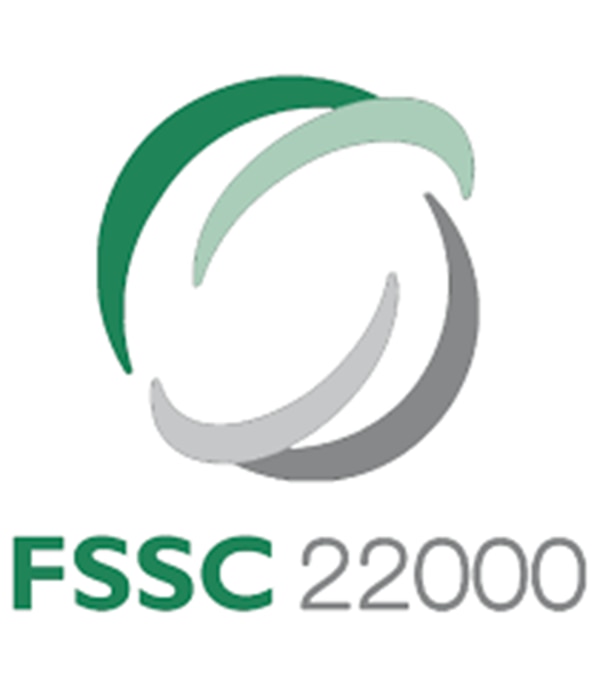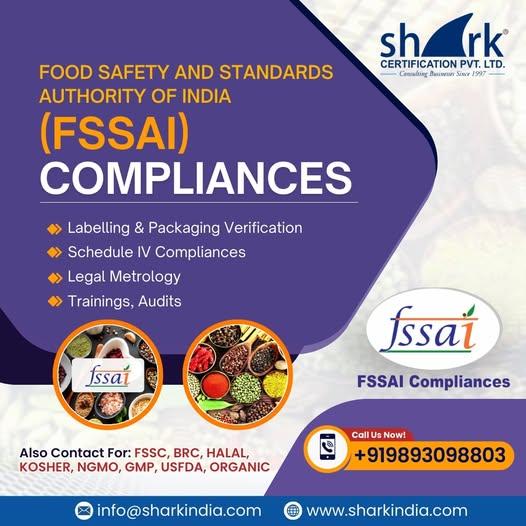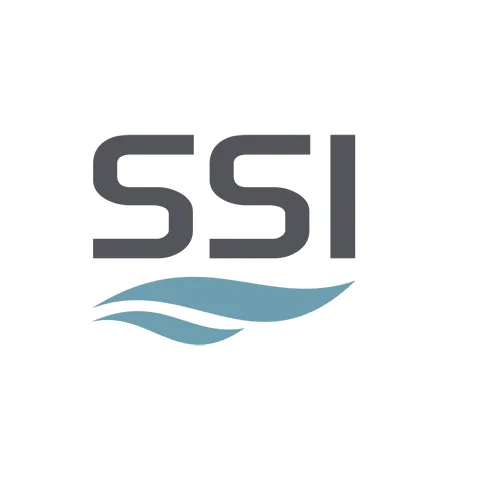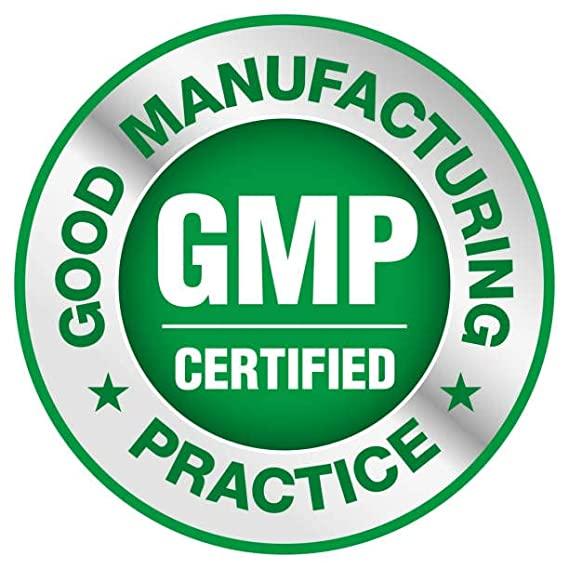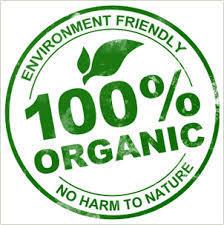FSSC 22000 v6 Certification Food Safety Compliance Made Easy with Shark Certification Pvt. Ltd., Indore In today’s global food market, food safety is not just a requirement—it’s a responsibility. The FSSC 22000 Version 6 Certification is a globally recognized food safety standard that combines ISO-based systems with specific sector requirements to help organizations ensure food safety across the supply chain. At Shark Certification Pvt. Ltd., we provide expert guidance and end-to-end support to help your business in Indore and across India achieve FSSC 22000 v6 Certification smoothly and efficiently. 🌐 What is FSSC 22000 v6? FSSC 22000 (Food Safety System Certification) is a robust, ISO-based food safety management system recognized by the Global Food Safety Initiative (GFSI). Version 6 brings new and enhanced requirements, focusing on risk management, food fraud prevention, and sustainability. It is applicable to organizations across the entire food supply chain, including: Food manufacturers Animal feed producers Packaging material manufacturers Catering and food service providers Retailers and wholesalers Logistics and transportation companies 🔍 What’s New in FSSC 22000 Version 6? Enhanced focus on food safety culture Updated requirements for equipment management Stronger control of allergens Greater emphasis on environmental monitoring and validation Clearer definitions for food fraud and food defense programs Our team stays up to date with every change in the standard so you don’t have to worry about what’s new—we guide you every step of the way. 🛠️ Our FSSC 22000 v6 Certification Services At Shark Certification Pvt. Ltd., we offer complete support for companies seeking FSSC 22000 certification: ✅ Gap Assessment & Readiness Check We begin with a full review of your current systems and identify areas needing improvement to meet FSSC 22000 v6 requirements. ✅ Implementation Support Our team helps design and implement a food safety management system (FSMS) tailored to your business, ensuring compliance with all key clauses of FSSC 22000 v6. ✅ Internal Audit & Pre-Certification Checks We conduct detailed audits to prepare your team for the final certification. This includes food defense, food fraud, traceability, risk control, and GMP reviews. ✅ Training for Staff & Management Customized training programs are provided to improve awareness and ensure team readiness—from floor workers to top management. ✅ Support During Certification Audit We assist in coordinating with certification bodies, handling documentation, and providing on-site support during your audit. 🎯 Why Choose Shark Certification Pvt. Ltd. in Indore? 🏢 Local presence, global reach – Based in Indore, we support clients throughout India 👨💼 Experienced consultants & auditors – Deep knowledge of FSSC, ISO, and GFSI frameworks 🧩 Custom solutions – Whether you’re a small processor or a large manufacturer, we tailor our approach to your business 💼 End-to-end service – From documentation to audit closure 💡 Up-to-date with Version 6 – Fully aligned with the latest version of FSSC 22000 standard 📞 Let’s Get Started Today! Become FSSC 22000 v6 certified with confidence and unlock global opportunities in food production and export.
Send Message
